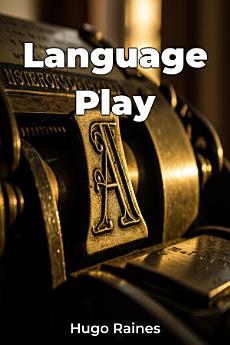Language Play
About this ebook
The book analyzes humor through a linguistic lens, examining how techniques like zeugma, ellipsis, and deliberate grammatical errors contribute to comedic effect. It progresses from foundational concepts like lexical ambiguity to more complex forms of humor, such as parody, illustrating each point with examples from literature, stand-up comedy, film, and television. This approach allows readers to move beyond simply experiencing humor to actively analyzing its underlying structure.
What makes ""Language Play"" unique is its emphasis on the interplay between lexical and syntactic elements in creating comedic effect. By exploring this dynamic, the book offers a multidisciplinary perspective, drawing on research from linguistics, cognitive psychology, and humor studies. The book aims to equip readers with to analyze and appreciate the full spectrum of linguistic humor, enhancing critical thinking and communication skills.







